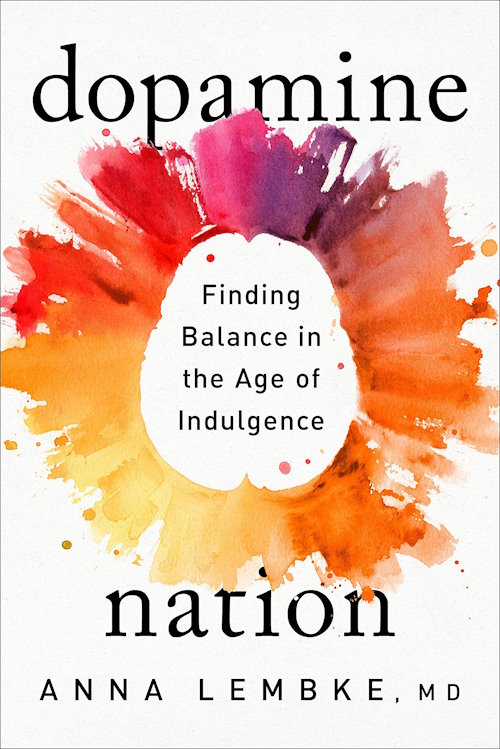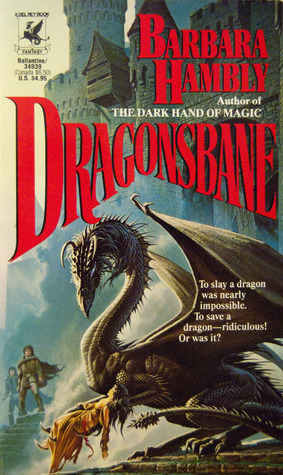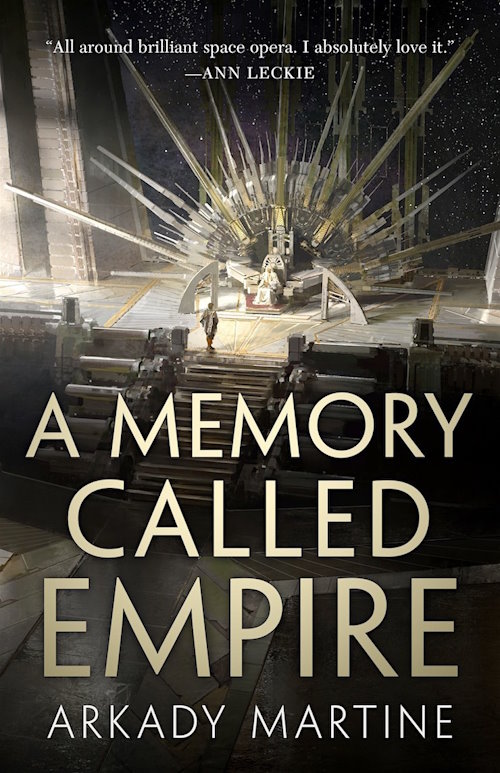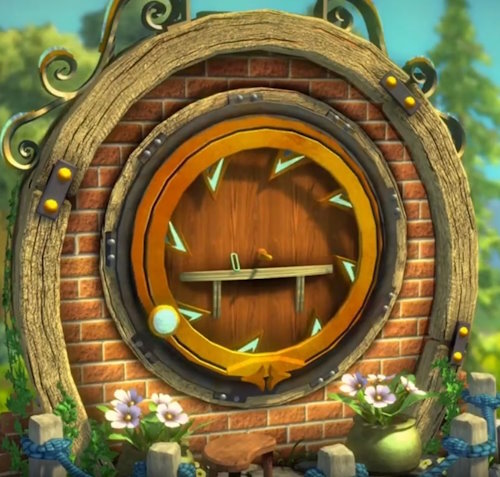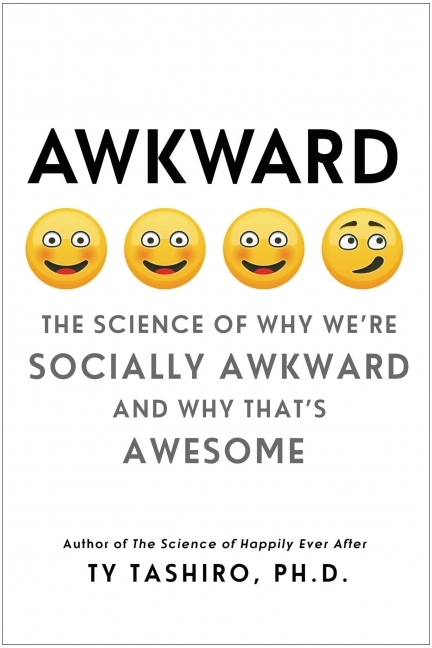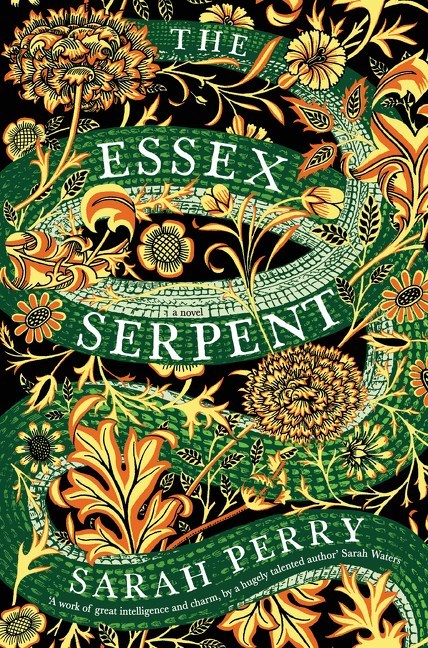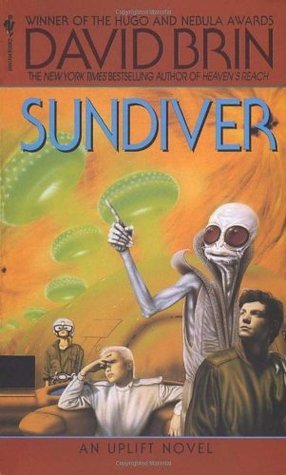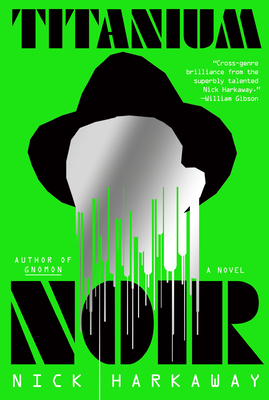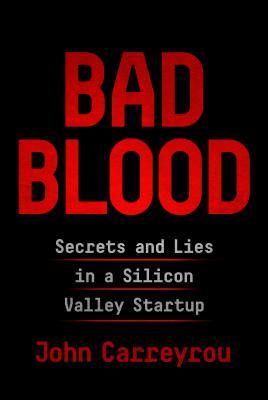XCOM 2 - the story
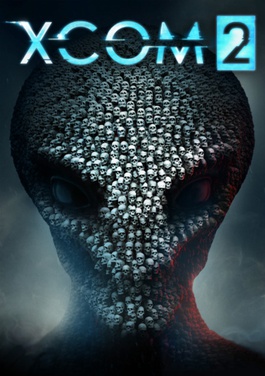
XCOM was one of my favorite games from when I was a kid. I didn't have the personal time resources to play XCOM2, though, and besides it felt quite different. You see, in the first game I liked collecting alien stuff and researching it. The tactics were fun, but I was all into the research tree. So I though, after playing the beginning of XCOM2 a few times then forgetting about it, how about I watch the entire storyline on YouTube, like a complete ass, and then comment on the game like I know what I am talking about?
So here is goes. I think one of the major things going against XCOM2 is its timing. XCOM was first released in 1994, when telling a story like this felt fresh and being able to play through it amazing. XCOM2 was released in 2016, 22 years later, with so much sci-fi content in the form of TV, movies and games having been released since. There were a bunch of TV series covering the alien invasion and resistance angle, all of them devolving into the lazy German vs French resistance with ray guns tropes, and having yet another thing like this wasn't awesome. Add to it that the mystery was already revealed and it would explain my lack of interest at least.
Anyway, the story here is that 20 years later "the commander", meaning you, is rescued by the resistance from an alien device that was using him as a hub for tactical information. With your brilliant leadership, they can now fight against an enemy that has conquered the world and controls it via propaganda, empty promises and ultimately violence. Somehow, after full control over the planet for 20 years, the aliens still have a lot of trouble locating and fighting you.
The tactical fighting and upgrade system was improved dramatically. It's so complex that... it bored me to death. Tactical games afficionados loved it, though, and for good reasons. You can do all kinds of things, based on the enemy, the team composition, the tech tree, etc. However the story felt lackluster to me. A new McGuffin every stage of the game and the ending... how do American stories end? You find the source and you blow it up!... did nothing for me. Really, it felt like they were rehashing the Falling Skies story, even the end scene.
Bottom line: if you love turn based tactical games, this should be one of your favorites, but the story is simplistic and derivative.
P.S. and if you're wondering why XCOM3 is not out there, it's because of Marvel.
P.S.too - "so if you are so smart, how would you have written the story?".
Well, I am no writer, but I can tell you something after decades of consuming popularized science and a lot of Dunning Kruger: any space conquering force would have two characteristics. First, they would have limited resources. Without some very cheap space travel option that seems unlikely, it should be very expensive to come to our planet. Second: it's so easy to destroy anything on Earth from space. It's ridiculously easy if you have mastered interstellar travel. So the story would have to take that into account. XCOM2 actually used that, with the discovery of the final McGuffin, to explain and then solve the game, but it was a lazy solution.
Here is my take: alien intervention is being suspected, so X-COM is created. They have to solve the mystery of what is going on, considering they are an organization working on a hunch. This is more like X-Files than X-Com. Then the aliens are not all powerful, they are a bridgehead force, if not fugitives or a small team stranded here. They may be not malevolent outside considering humans a bunch of stupid monkeys to be used to further their goals. And when people are stranded amongst aliens, they tend to be terrified and act more psychotically than normal. The advantage of this take is that you can play both sides. So this would be more of an adventure game than a tactical shooter, although the horror of fighting what you thought were aliens, but in fact were human and animal chimeras should be there.
For the sequel, continue from the last scene of the first, when you discover that the small force on Earth is actually a small tactical team that operates behind enemy lines. The alien ship and their main force is located on some large asteroid in the Asteroid Belt or maybe a moon of Jupiter. With their presence and their source location revealed, now humanity must race to build the infrastructure required to defend and attack in space, when at any moment the desperate aliens might throw an asteroid or two at us. This would be tactical, but also strategic. We switch from a mystery adventure to a tactical space exploration and warfare game, akin to The Expanse.
Bonus: the third part, a continuation of the second where you have discovered the aliens themselves, which you may have seen as desperate and sympathetic, were actually just another version of chimeras, made out of organic and machine parts by the real culprit, a semi-sentient machine intelligence that has the mission to explore, exploit and contain any threat to its original builders. Now the enemy is a bunch of von Neumann probes that have no qualms in capturing and using for parts any of their human prisoners or craft.
The whole idea of the series is not that some malevolent Elders want to rule the world, but that a very small and resource poor alien presence can wreak havoc and endanger our very existence. It's you who has all the resources and they have the technology and relentless cunning. The terror is just as for someone with cancer. Even when you get rid of it, you don't know for sure and must remain eternally vigilant. We are the sheep and they are the wolves in the night. In each of the games you can choose to play the humans or the aliens. DO NOT create the common enemy that we would join forces to defeat, a la Starcraft, it's not that kind of story, although you can play around with altered humans and manufactured alien forces that escape their control as a third wildcard faction. And of course, as any good game, the story would change based on your approach.
This would be it. It's not like my ideas are not derivative, but they would be more fun to play outside the tactical shooter, mystery adventure or space RTS mechanics. At least they would make a good YouTube cutscenes video.
